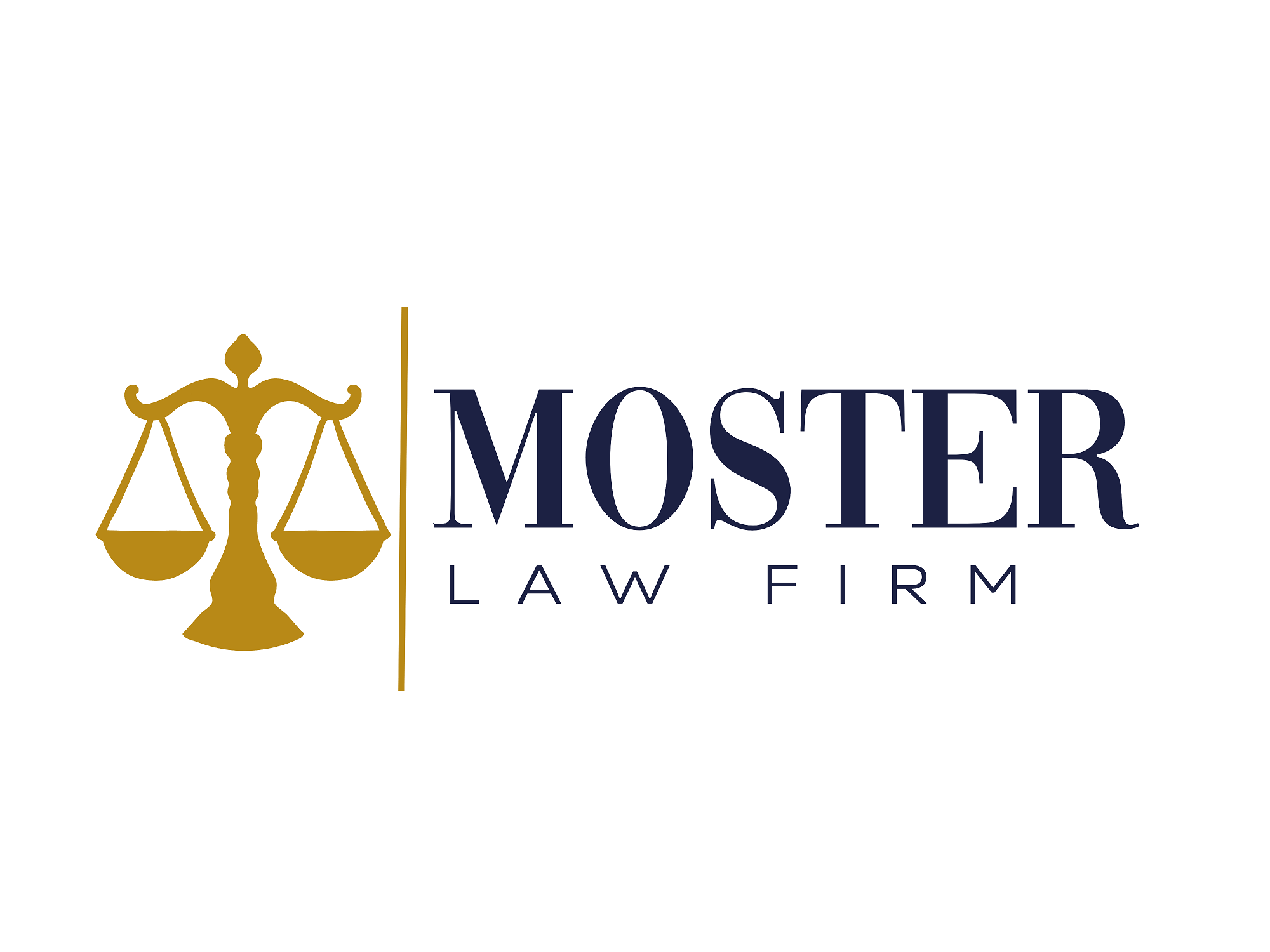One of the most confusing and overused search queries on Google is a clients’ search for a Texas Business Startup Attorney. This phrase will bring up lots of results, but the information is often lacking in critical detail. Part of the problem is the need for a precise definition of what the phrase Texas Business Startup Attorney means. Here goes:
Texas Startup Attorney – A lawyer engaged in the legal issues and recommendations attendant to the startup of a new Texas business including business formation, partnership relationships, intellectual property relating to branding, logos, trade secrets, and copyrighted materials/patents, landlord/tenant representation, and employee advice.
Now, that is a lot to absorb but illustrates the myriad of factors which must be addressed by an experienced Texas Business Startup Attorney to properly represent a new client. Here is a list providing more details:
- Business Formation – An experienced Texas Business Startup Attorney will know what entity to recommend for the new business startup whether it is an LLC, S-Corp, Limited Partnership, or other business structure. The choice relates to the business being started and can easily be made by an attorney with substantial background in business formation.
- Partnership issues – These are the documents which define the relationship between the partners who launch the venture. Critical issues need to be decided from inception to avoid disputes later on which can sink the venture including ownership, control, salary, buy/sell agreements, and other key issues.
- Intellectual Property (IP) – This is critical and often overlooked. Many clients incorrectly assume that getting approval of a name by the Texas Secretary of State is the same things as a Federal Trademark. Wrong! If a new company uses a name which is registered as a trademark by another business anywhere in the U.S., they can be shut down! An experienced Texas IP attorney can advise. Same deal with logos. Additionally, steps need to be taken to protect trade secrets which include the sales and business model of the new venture and other confidential information. Most of this collateral can be protected by obtaining a copyright. If a unique process is involved, patent protection should be considered.
- Lease Agreements – Most new businesses will need to lease office or retail space to carry on operations. This can be perilous without the advice and legal counsel with extensive experience in the area of lease agreements and negotiations.
- Employment issues – This is critical as many new businesses assume that employees can be trusted which is not always the case. Agreements should be drafted to prevent IP theft and insist on non-compete clauses in the proper circumstances.
Charles Moster, our Senior Partner, and Founder, has been representing Texas Business Startups for over 30 years. Give us a call and we can help.


